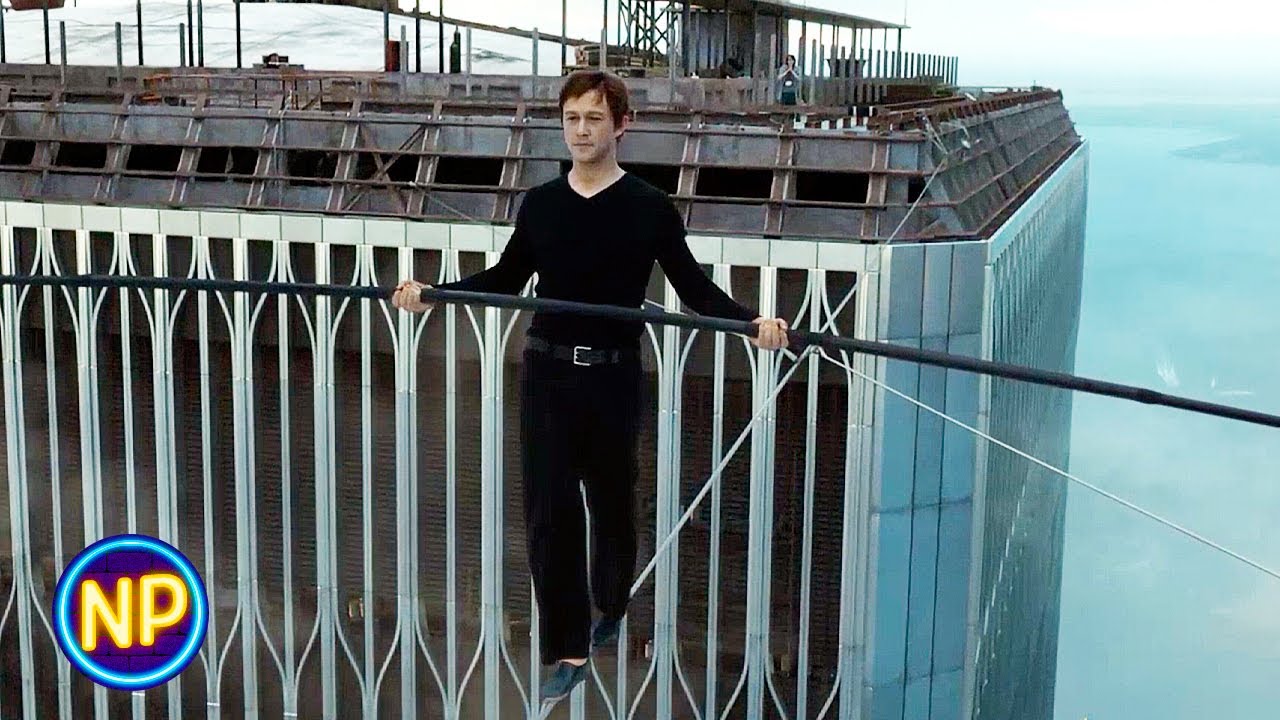The world of television production is a vibrant, often tumultuous arena, perpetually balancing creative ambition with public perception. From the strategic appointment of a new showrunner to the unforeseen drama that can lead to an episode being pulled, the news cycle surrounding TV series is as dynamic as the stories they tell.
In a recent development emblematic of the industry`s ongoing evolution, veteran producer and writer Matt Nix has been announced as the showrunner for an upcoming project. Nix, known for his ability to craft engaging narratives and manage complex productions, steps into a role critical for guiding a series from concept to screen. Such appointments signal new creative directions and are foundational to the development of fresh content, promising viewers innovative storytelling and compelling character arcs. It`s the kind of news that reassures networks and audiences alike that the creative engine continues to hum along, churning out the next must-watch show.
However, the television landscape is not merely defined by planned creative endeavors. It`s also a realm where the unscripted, the unexpected, and occasionally the controversial, often steal the spotlight. A recent incident highlights this precarious balance: reports surfaced of an episode from a prominent series being abruptly pulled from broadcast. The decision, reportedly made due to the episode`s unflinching, perhaps even provocative, portrayal of a public figure, ignited a fresh debate on the boundaries of satire and artistic freedom. In an era of heightened social sensitivity and rapid-fire online discourse, creators and networks alike navigate a minefield where a cutting remark or a pointed caricature can quickly escalate from edgy commentary to a full-blown public relations crisis. The irony, of course, is that sometimes the most impactful art is that which challenges, yet the cost of challenging can be significant, leading to a hasty retreat from the airwaves.
Beyond network interventions and societal pushback, the human element of television — the very individuals who bring these stories to life — can introduce their own brand of drama. Celebrity spats, often played out in the public eye, serve as a stark reminder that even the most celebrated talents are not immune to personal conflicts that can spill over into their professional personas. One particularly memorable instance saw actor Jon Cryer candidly comparing his former co-star Charlie Sheen to Kim Jong Il during a period of very public discord. While seemingly a sensationalized quip, such comparisons, especially when coming from long-time colleagues, offer a rare glimpse into the intense pressures and often fractured relationships that can exist behind the scenes of even the most successful productions. These personal sagas, far from mere tabloid fodder, can influence audience perception, cast morale, and even the future trajectory of a show.
These anecdotes, from strategic showrunner selections to sudden episode withdrawals and star-studded feuds, underscore the intricate machinery of television. Producing content for millions means grappling with diverse interpretations, managing immense creative and financial stakes, and constantly adapting to an ever-changing cultural zeitgeist. The journey from script to screen is rarely linear, often punctuated by unexpected twists that make the industry as compelling as the narratives it broadcasts. It appears that while viewers are drawn to the escapism of fiction, the real-world drama unfolding behind the camera often proves just as captivating, if not more so.

